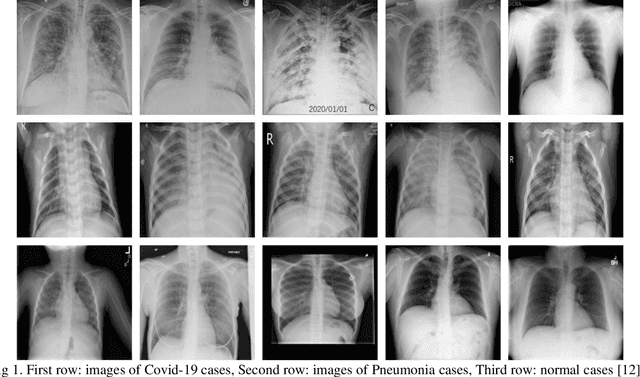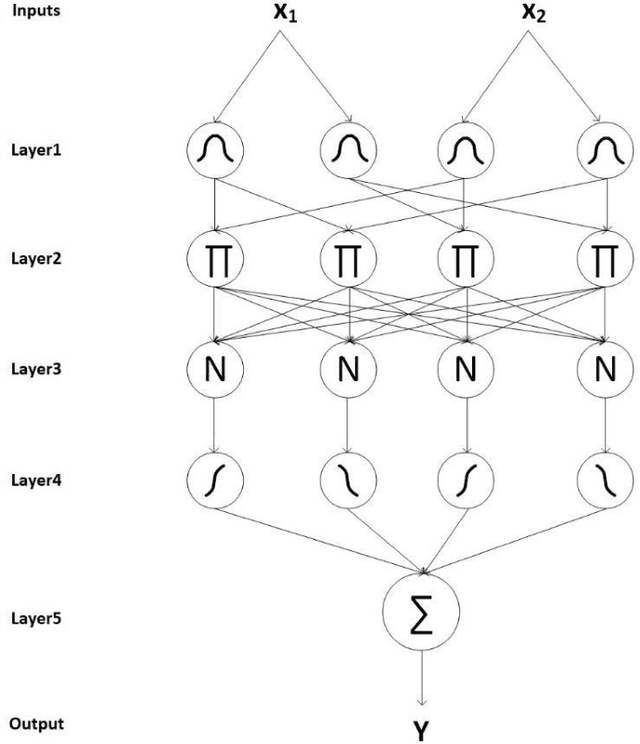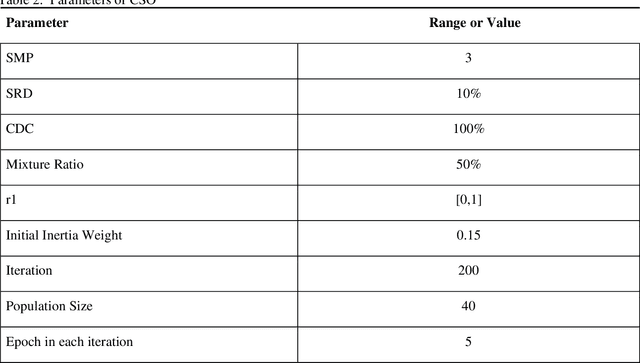Farzan Vahedifard
Artificial Intelligence in Fetal Resting-State Functional MRI Brain Segmentation: A Comparative Analysis of 3D UNet, VNet, and HighRes-Net Models
Nov 17, 2023Abstract:Introduction: Fetal resting-state functional magnetic resonance imaging (rs-fMRI) is a rapidly evolving field that provides valuable insight into brain development before birth. Accurate segmentation of the fetal brain from the surrounding tissue in nonstationary 3D brain volumes poses a significant challenge in this domain. Current available tools have 0.15 accuracy. Aim: This study introduced a novel application of artificial intelligence (AI) for automated brain segmentation in fetal brain fMRI, magnetic resonance imaging (fMRI). Open datasets were employed to train AI models, assess their performance, and analyze their capabilities and limitations in addressing the specific challenges associated with fetal brain fMRI segmentation. Method: We utilized an open-source fetal functional MRI (fMRI) dataset consisting of 160 cases (reference: fetal-fMRI - OpenNeuro). An AI model for fMRI segmentation was developed using a 5-fold cross-validation methodology. Three AI models were employed: 3D UNet, VNet, and HighResNet. Optuna, an automated hyperparameter-tuning tool, was used to optimize these models. Results and Discussion: The Dice scores of the three AI models (VNet, UNet, and HighRes-net) were compared, including a comparison between manually tuned and automatically tuned models using Optuna. Our findings shed light on the performance of different AI models for fetal resting-state fMRI brain segmentation. Although the VNet model showed promise in this application, further investigation is required to fully explore the potential and limitations of each model, including the HighRes-net model. This study serves as a foundation for further extensive research into the applications of AI in fetal brain fMRI segmentation.
Evolving Tsukamoto Neuro Fuzzy Model for Multiclass Covid 19 Classification with Chest X Ray Images
May 17, 2023



Abstract:Du e to rapid population growth and the need to use artificial intelligence to make quick decisions, developing a machine learning-based disease detection model and abnormality identification system has greatly improved the level of medical diagnosis Since COVID-19 has become one of the most severe diseases in the world, developing an automatic COVID-19 detection framework helps medical doctors in the diagnostic process of disease and provides correct and fast results. In this paper, we propose a machine lear ning based framework for the detection of Covid 19. The proposed model employs a Tsukamoto Neuro Fuzzy Inference network to identify and distinguish Covid 19 disease from normal and pneumonia cases. While the traditional training methods tune the parameters of the neuro-fuzzy model by gradient-based algorithms and recursive least square method, we use an evolutionary-based optimization, the Cat swarm algorithm to update the parameters. In addition, six texture features extracted from chest X-ray images are give n as input to the model. Finally, the proposed model is conducted on the chest X-ray dataset to detect Covid 19. The simulation results indicate that the proposed model achieves an accuracy of 98.51%, sensitivity of 98.35%, specificity of 98.08%, and F1 score of 98.17%.
 Add to Chrome
Add to Chrome Add to Firefox
Add to Firefox Add to Edge
Add to Edge